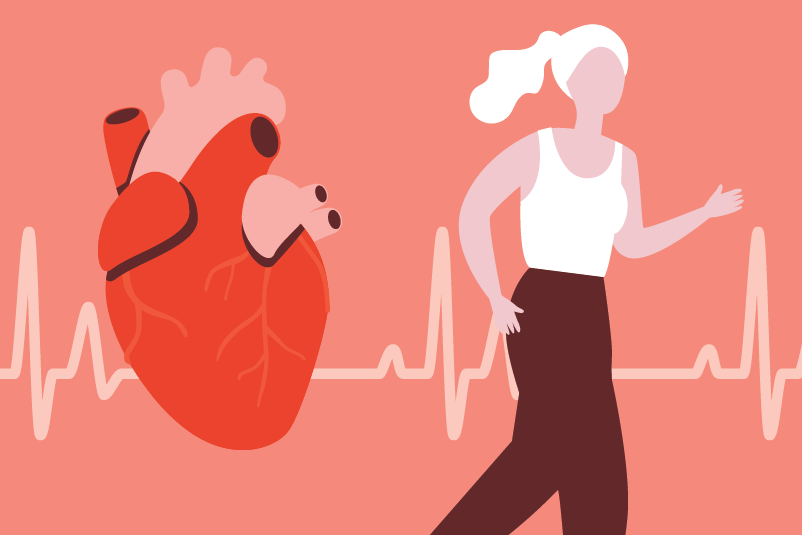#271 Be still my quivering heart: alcohol and atrial fibrillation

Reading Tools for Practice Article can earn you MainPro+ Credits
Join NowAlready a CFPCLearn Member? Log in
- Mean alcohol intake per week: 2 (intervention) versus 13 (control).
- Complete abstinence: 61% (intervention).
- Atrial fibrillation recurrence: 53% versus 73% (control), number needed to treat (NNT)=5.
- Atrial fibrillation-related hospital admissions: 9% versus 20% (control), NNT=9.
- Other benefits: 3.7kg weight loss in intervention.
- Limitations: 70% of patients screened for study not interested in abstinence; participants had to be in normal sinus rhythm at randomization.
- Risk differs between studies due to different populations, definitions of alcohol use, adjustment for confounders and whether results separated by gender. Best estimates:
- Compared to non or infrequent users (<2 drinks per month), the relative risk of atrial fibrillation appears to increase ~10% per drink per day.2
- Absolute risk (per 1000 patient years) over ~4.5 years:
- 15 for low (<1 drink/week), 17 for moderate (≤2 drinks/day for women and 3 for men) and 21 for high [>2 per day (women) or 3/day (men)].4
- Older data suggests up to 35% of new cases of atrial fibrillation are related to acute alcohol intoxication,5 and may recur with subsequent binge drinking.6
- Guidelines recommend lifestyle interventions for atrial fibrillation, including weight loss, increasing physical activity, quitting smoking and reducing alcohol intake.7







larger alcohol intake increases risk of AF